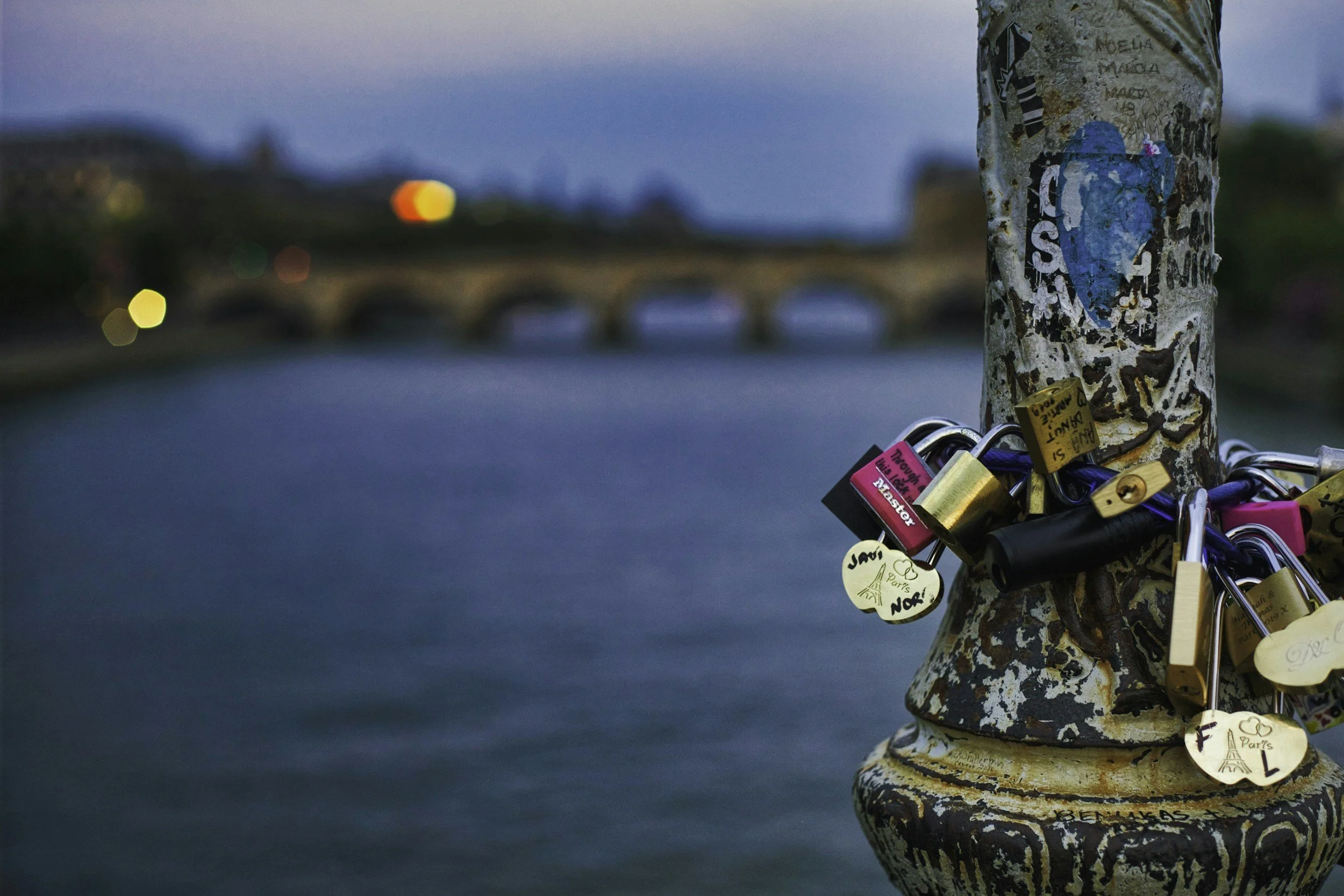It’s OK if you’re not ready to “go back to how things were.”
As the weather warms up for summer and COVID fatigue reduces public inhibitions, many places are returning to “normal”: Kicking masks, social distancing, and isolation to the curb.
If you spent the past two years carefully avoiding face-to-face interactions with people outside your bubble, it can be pretty jarring.
You may be thinking, “What did I use to wear to work?” or “Were awkward silences after someone finishes speaking this long before?”
You might be painfully aware of people sharing drinks while watching your favorite re-runs.
And heaven help the person who coughs in public.
You’ve adjusted to an almost always virtual world, so returning to an in-person world can be anxiety-inducing.
Fret not—you’re not alone, and there are things you can do to make the transition easier.










